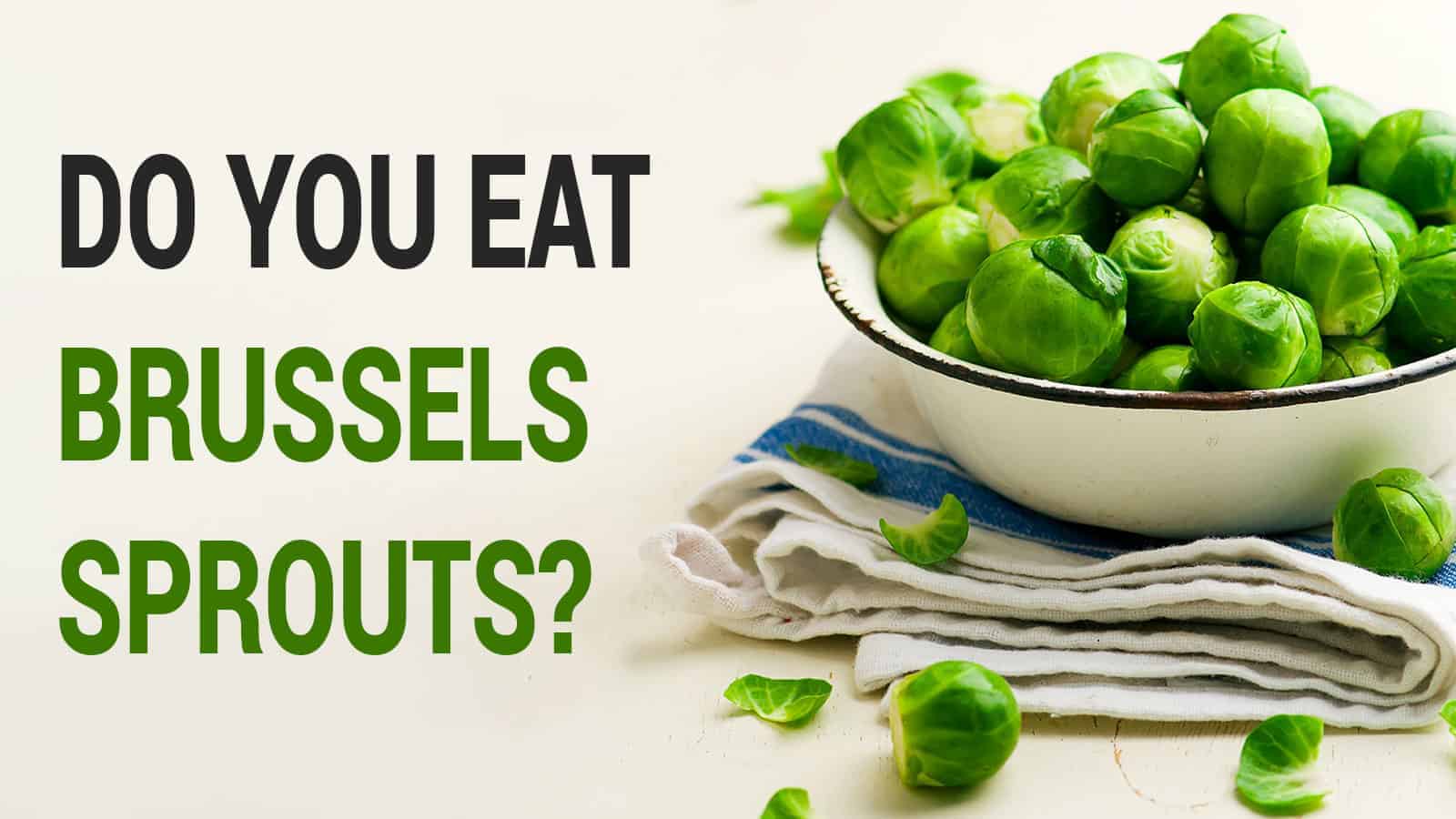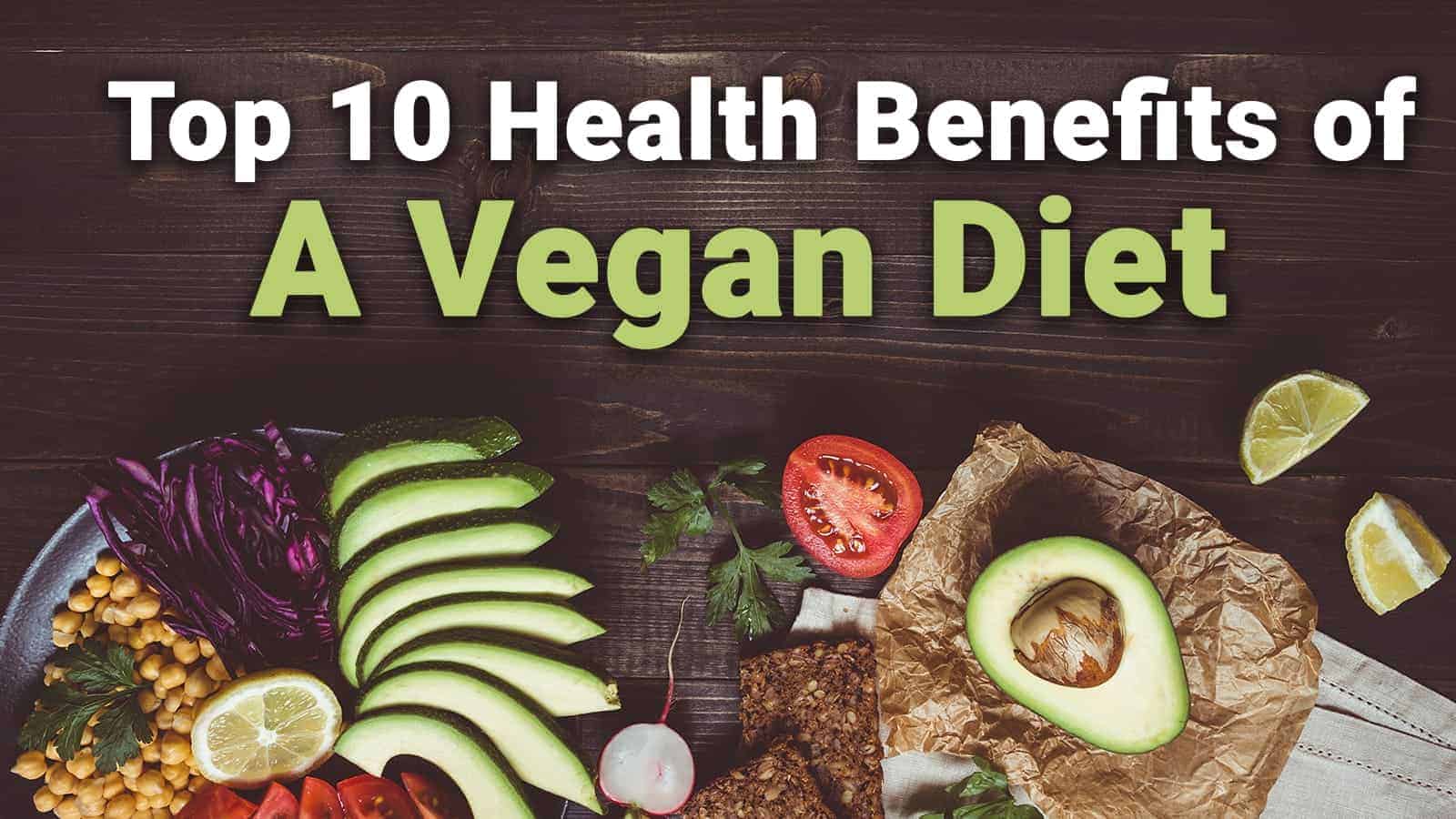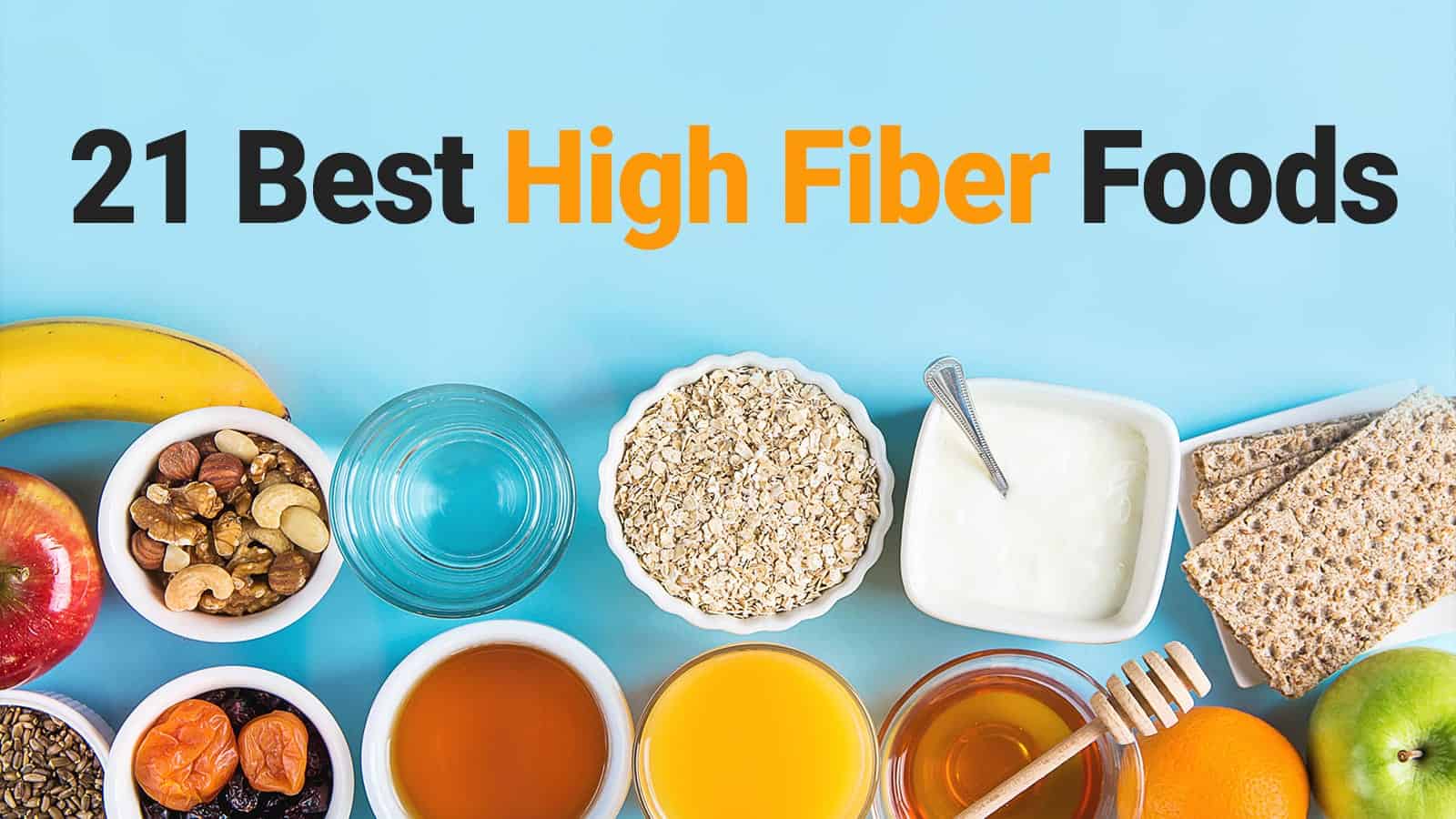Brussels sprouts are a part of the Brassicaceae vegetable family and are closely related to mustard greens, kale, and cauliflower. These cruciferous vegetables look like mini cabbages and are usually cut, cleaned, and cooked to achieve a nutritious main course or side dish. If you want to change your lifestyle to a healthy one, this vegetable should be part of the process.
Brussels sprout is rich in nutrients and has been related to many health benefits. In addition to fiber, it has antioxidants, omega-3 fats, vitamin K, vitamin C, and more. These nutrients can aid in curbing conditions like cancer, constipation, heart disease, and diabetes.
Not many vegetables come packed with these many nutrients. But remember that you need to consume Brussels sprouts regularly in particular amounts to meet your daily requirements. Here are ten reasons to eat Brussels sprouts for health.
Reasons To Eat Brussels Sprouts Right Now
1. Rich in Nutrients
Brussels sprouts have minimal calories but plenty of fiber, minerals, and vitamins. They are unusually high in vitamin K, which is crucial for bone health and blood clotting. They also have high levels of vitamin C, an antioxidant that assists in promoting iron absorption, immune function, and tissue repair.
Additionally, the high levels of fiber assist in supporting gut health and regularity. Moreover, Brussels sprout has trace amounts of potassium, thiamine, phosphorous, vitamin B6, iron, and magnesium. This makes it ideal to consume Brussels sprouts for health.
2. Easy to Include in a Diet
Brussels sprouts are healthy additions to any meal and are simple to incorporate into entrees and side dishes. People usually have them baked, sautéed, roasted, or boiled.
For an easy dish, slice off the ends of the vegetable. Mix them in some pepper, salt, and olive oil before roasting them on a baking sheet until crispy.
Brussels sprouts can also be included in stir-fried dishes, pasta, or frittatas for a nutritious and flavorful dinner.
3. Rich in Vitamin C
Brussels sprouts offer 81 percent of your daily vitamin C requirements per 78 grams of cooked serving. Vitamin C is essential for the repair and growth of body tissues. Also, it serves as an antioxidant by helping in the production of proteins such as collagen and boosts immunity.
A review involving more than 11,000 participants discovered that vitamin C minimized the severity of the common cold, reducing its duration by around eight percent in adults. The vitamin can also boost the absorption of non-heme iron, an iron form seen in plant foods that is harder to absorb compared to iron from animal sources.
A study showed that consuming 100 mg of vitamin C with a meal improved iron absorption by 67 percent. Vitamin C can be found in numerous vegetables and fruits. Brussels sprout is one of the best vegetable sources for vitamins.
Add two servings of the vegetable to your meals a few times weekly to meet your vitamin C requirements.
4. Inflammation Reduction
Inflammation is a typical immune response. However, chronic inflammation can lead to conditions like cancer, heart disease, and diabetes. Some compounds present in Brussels sprouts have anti-inflammatory properties.
A bigger study found that a higher intake of vegetables was linked to reduced inflammatory markers in the blood. Moreover, Brussels sprout has a lot of antioxidants that can assist in neutralizing the free radicals that lead to inflammation.
Numerous animal and test-tube studies have shown that kaempferol, a primary antioxidant present in the vegetable, has powerful anti-inflammatory properties. Hence, a Brussels sprouts meal can decrease inflammation and minimize the risk of pro-inflammatory diseases. Explains why it is wise to eat Brussels sprouts for health.
5. Has ALA Omega-3 Fatty Acids
If you don’t consume seafood or fish, having sufficient omega-3 fatty acids can be problematic. Plant foods only have alpha-linolenic acid (ALA), a kind of omega-3 fatty acid utilized less efficiently in the body than omega-3 fatty acids from seafood and fish.
The body can only change ALA to other active omega-3 fatty acid forms in limited amounts. Hence, you will require more ALA omega fats to meet the daily requirements than if you were consuming omega-3 fats from seafood or fish.
Brussels sprouts are one of the top plant sources of omega-3 fats, whereby a serving of 78 grams has 135 mg of ALA. Omega-3 fatty acids aid in reducing blood triglycerides, slowing cognitive decline, reducing insulin resistance, and decreasing inflammation.
Adding a few servings of vegetables weekly can assist you in meeting your daily requirement of omega-3 fats. About 78 grams of vegetables offers 8.5 percent of the daily requirement for men and 12 percent for women.
6. Maintenance of Healthy Levels of Blood Sugar
In addition to their exceptional nutrient profile and numerous health benefits, Brussels sprouts can assist in keeping steady levels of your blood sugar. Many studies have associated a high intake of Brussels sprouts to a minimized risk of diabetes. This is because the vegetable is rich in fiber, which assists in regulating blood sugar levels.
Fiber moves slowly in the gut undigested, slowing down sugar absorption into the blood. Brussels sprout also has alpha-lipoic acid, an antioxidant that has been seen to have impact on insulin and blood sugar.
Insulin hormone is responsible for taking sugar from your blood to your cells to control the sugar levels in the blood. In a particular study, 12 participants who had diabetes were offered alpha-lipoic acid supplements before experiencing increased insulin sensitivity.
The researchers concluded that alpha-lipoic acid enhanced the efficiency of insulin in stabilizing blood sugar levels. Including Brussels sprout in your meals will assist you in stabilizing levels of blood sugar.
7. High in Vitamin K
Brussels sprout has plenty of vitamin K. You will get 137 percent of the daily vitamin K requirement in 78 grams of the vegetable. This crucial nutrient plays a critical role in your body. It aids in coagulation, which creates blood clots that curb bleeding.
Vitamin K may also promote bone growth and protection against osteoporosis, a disease featuring continual bone loss. According to research, vitamin K supplements can boost bone strength and minimize the likelihood of bone fracture in postmenopausal women.
Remember that individuals who take blood-thinning drugs must consume vitamin K in moderation. Hence, for the majority of people, eating Brussels sprouts can offer many health advantages.
8. Rich in Fiber
About 78 grams of Brussels sprout has 2 grams of fiber, offering up to eight percent of the daily fiber requirements. Fiber is vital to your health, and having it in your diet will offer multiple health advantages.
According to research, dietary fiber can assist in relieving constipation by increasing stool frequency, boosting stool consistency, and softening stool to ease passing. Fiber also assists in the promotion of digestive health by feeding beneficial gut bacteria.
Increased intake of fiber provides other health benefits, like improved blood sugar control and minimized risk of heart conditions. Present guidelines recommend men to eat over 38 grams and women over 25 grams of fiber per day. Consuming Brussels sprouts with other rich sources of fiber, such as whole grains, fruits, and vegetables, can easily assist you in meeting daily fiber requirements.
9. Safeguards against Cancer
Particular studies show that high levels of antioxidants present in Brussels sprouts can aid in safeguarding against some cancer types. There are many likely ways this could work.
A 2008 study discovered that Brussels sprouts could safeguard against carcinogens and avoid oxidative cell damage. In another study, consuming the vegetables boosted the amounts of certain detoxification enzymes by 15 to 30 percent. According to researchers, this impact could potentially result in a minimal risk of colorectal cancer.
Additionally, antioxidants in Brussels sprouts may neutralize free radicals. Free radicals compounds come from oxidative stress and lead to conditions like cancer. Adding vegetables to your diet and a healthy lifestyle can aid in minimizing the risk of cancer, but there is a need for more research.
10. High in Antioxidants
Brussels sprout has numerous health benefits, but their exceptional levels of antioxidants are outstanding. Antioxidants are compounds that minimize oxidative stress in body cells and assist in reducing the risk of chronic disease.
In one study, when participants consumed about 300 grams of Brussels sprouts every day, there was a decrease in damage caused by oxidative stress by 28 percent. It has high levels of kaempferol, an antioxidant with multiple health benefits.
According to test-tube studies, antioxidants can minimize cancer cell growth, improve heart health, and ease inflammation. Consuming Brussels sprouts as part of a diet rich in vegetables and fruits can assist in supplying the antioxidants your body needs for optimal health.

Final Thoughts on Eating Brussels Sprouts Daily
Brussels sprouts are some of the most nutritious vegetables that can be beneficial if consumed regularly. Combined with other foods like fruits and vegetables, it can help strengthen your heart, keep your blood sugar levels steady, prevent cancer, constipation, and more. Since it assists in combatting free radicals, it can also help slow down the aging process.
So we save the best for last–the best thing about Brussels sprouts is their versatility. You can pan-fry, boil, steam, or bake them before eating them as the main course or as a snack. Eat Brussels sprouts for health.





















